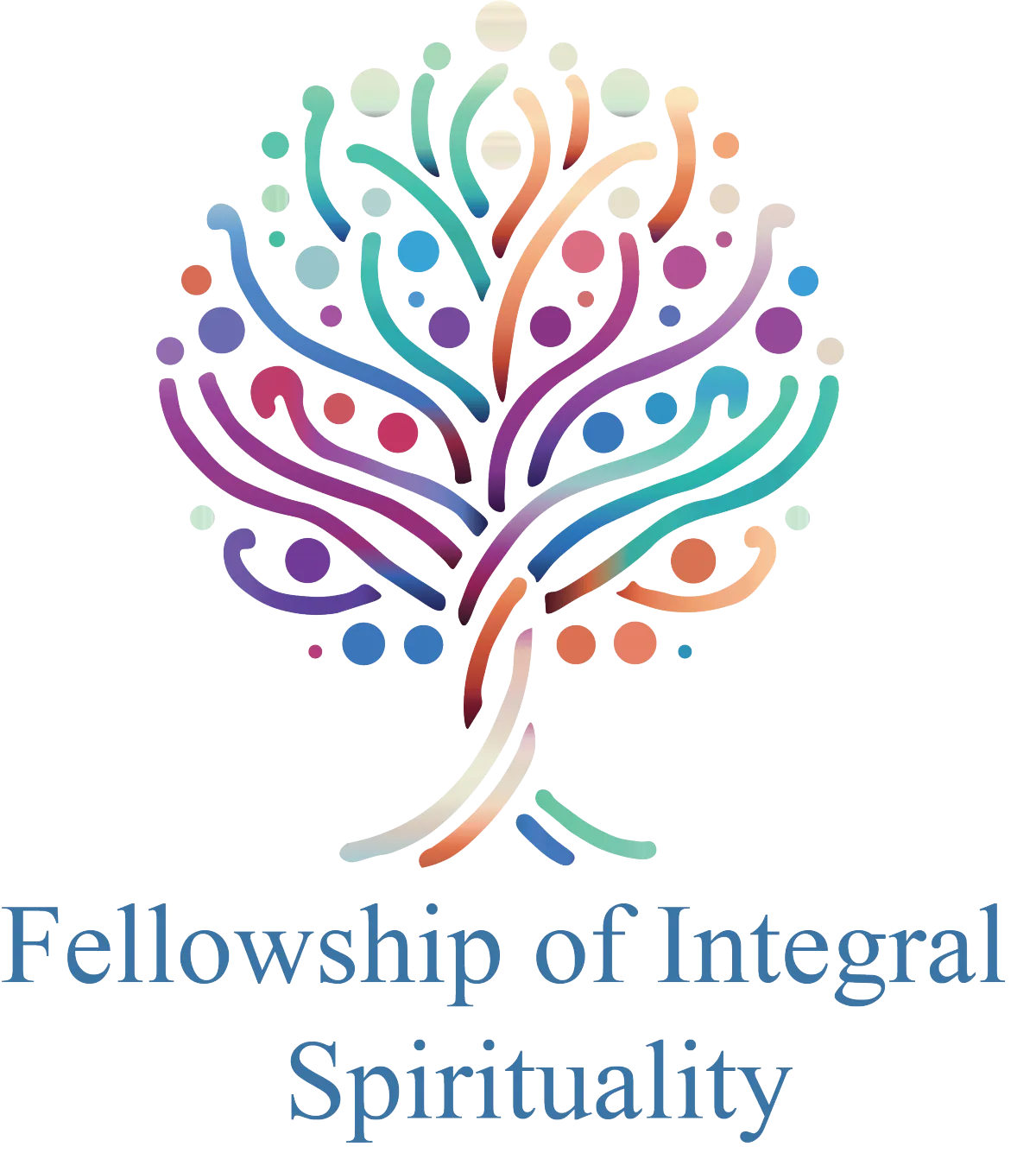A Reflection on the Spiritual Lineage of FOIS
by Rick Capezza, Presiding Minister
Growing up, I was deeply rooted in both evangelical and sacramental Christian traditions. From an early age, I engaged my faith without ceasing. I had a deep yearning to learn about God and "become better." Religion was, in many ways, a coping mechanism for my deep sense of existential anxiety. Throughout college and graduate school, I studied theology for hours every day. I went to three or four different churches every week. I didn’t just attend quietly either. I engaged in their community’s activities, studied their perspectives, and sat at the feet of their spiritual leaders. In addition to five graduate degrees in religion, I went through three years of ministerial training programs in the Presbyterian tradition, three years in the Episcopal/Anglican tradition, and three years in the Lutheran tradition before I was ordained in both the Lutheran and Episcopal/Anglican traditions.
These traditions offered me a rich foundation for understanding and practice. Despite my fervent pursuit of the divine, my personal transformation lagged behind my cognitive knowledge. As life unfolded, and I encountered moments of profound crisis, the complex systems I had developed to understand and follow God began to crumble.
With a heart open to learning, I embarked on a second and third doctorates focused on multifaith spiritual perspective, traveled the world to meet and study with spiritual leaders, and immersed myself in diverse spiritual traditions. I sat at the feet of Hindu Swamis and babas, absorbing the teachings of ancient paramparas (lineages). I lived in community with theosophists and New Age starseeds, learning to see the universe through their cosmic lens. I studied under Sufi masters and sheikhs, who guided me on the heart’s path toward divine love. Tibetan Buddhist lamas initiated me into tantric knowledge, and Zen roshis shared with me the art of mindful presence.
But this process was more than just academic study. I had a deep desire to understand the religious psyche to understand myself. To do so, I had to step into the shoes of those who experienced the divine in ways that stretched and challenged me. I was surprised to find that unlike the way many Christians might view a spiritual leader from another tradition, these communities often honored me as a fount of spiritual wisdom and knowledge, imbuing me with spiritual names and titles. They were much scarier to me than I was to them.
Through this deep engagement, I gained a profound appreciation for their faiths, and in turn, my view of God became much bigger. Each experience was like a "turning of the gem," revealing new facets of the mystery we call “God” or “Ultimate Reality." And I saw God in exciting new ways. God didn't become a different God. I just learned that my view of God was impossibly small and paltry.
I've come to realize that all of us are making silly little fingerpaintings of God, trying our best to describe something or someone beyond comprehension. Every grand narrative is inherently partial, whether religious, spiritual, or materialist. We are like children describing something for which we simply do not have the words.
The Fellowship of Integral Spirituality is built upon the idea that though our views of the divine source of all being differ, we are all seeking to deepen our spiritual relationship. Plenty of traditions focus on differents, but we believe that initing together in that journey can expand our collective spiritual consciousness.
To do so, we must hold our identities, roles, and ideologies lightly. As a bishop ultimately consecrated in the African Orthodox Christian tradition, my own lineage is rooted in “apostolic succession,” a sacred chain of spiritual authority that can be traced from the bishop who consecrated me, all the way back to the apostles. Other traditions have similar lines of spiritual tradition, such as Sufi tariqas that trace back to Muhammed or Hindu initiations passed from guru to disciples through ancient paramparas.
In FOIS, we acknowledge that these lineages have deep wisdom, and that we can learn from each others' lineages. And ultimately, what we learn is that many of the things we do in our individual spiritual communities look strikingly similar and have similar spiritual goals and outcomes. Each tradition brings its unique wisdom and practices, yet they all converge on the same journey to “return to Source,” a journey into the Divine "I" or "I am." This journey, shared by all these lineages, is a pursuit of a deeper understanding of the true Self and the realization of the divine presence within.
My hope is that FOIS can be a place where those of us that embody various traditions can appreciate the beauty of various religious and spiritual traditions while acknowledging the universal Spirit that transcends them all. In this way, the Fellowship of Integral Spirituality stands as a testament to the boundless possibilities that arise when we embrace the fullness of our individual spiritual heritage and shared spiritual journeying.
Copyright 2024. All rights reserved
